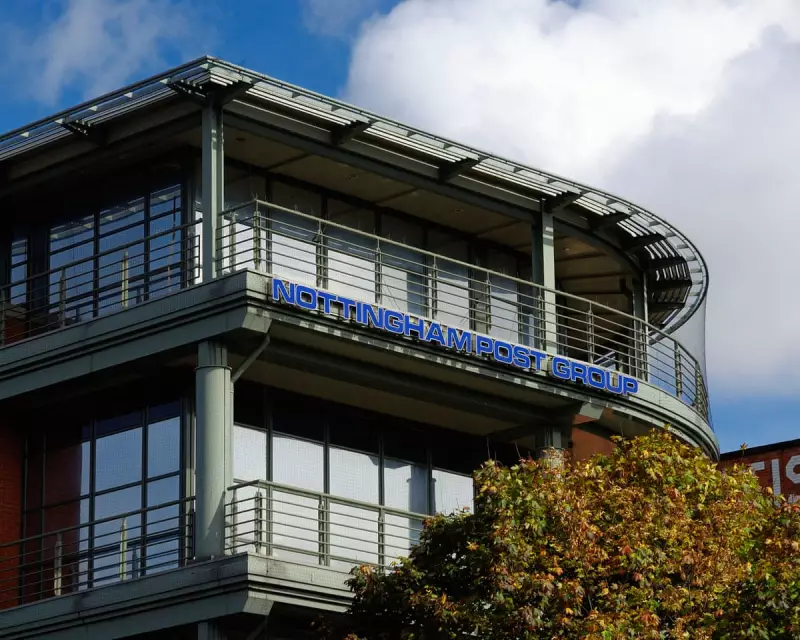
In a move that has sent shockwaves through media and political circles, Nottingham City Council has launched an official boycott of its local newspaper, the Nottingham Post. This unprecedented decision represents a dangerous escalation in the relationship between local authorities and the press that serves to hold them accountable.
A Petty Response to Critical Coverage
The council's drastic action appears to stem from the Post's legitimate reporting on the political affiliations of a senior council advisor with Reform UK. Rather than engaging with the journalistic process or addressing the substance of the reporting, the council has chosen to retreat into silence—a move that reeks of political pettiness rather than principled governance.
This isn't merely about avoiding awkward questions; it's about a publicly funded body actively undermining the very institution designed to scrutinise its operations. The council's boycott establishes a worrying precedent where elected officials can effectively punish media outlets for doing their job.
The Alarming Implications for Local Democracy
The consequences of this decision extend far beyond a simple spat between institutions. Local journalism serves as the lifeblood of democratic accountability, particularly at the council level where decisions directly affect residents' daily lives.
By cutting off communication with the Post, the council is:
- Denying constituents vital information about council activities
- Creating an information vacuum that undermines transparent governance
- Setting a dangerous example that other councils might follow
- Weakening the checks and balances essential to healthy democracy
A Disturbing National Pattern
While particularly egregious, Nottingham's situation reflects a broader national trend where public bodies increasingly view the press as an adversary rather than a partner in democratic process. This attitude threatens to erode the foundational principles of open government and public accountability.
The council's attempt to justify its position by claiming the Post's reporting constituted "harassment" of its staff represents a particularly concerning development. Framing legitimate journalistic inquiry as harassment could have chilling effects on press freedom across the country.
The Way Forward: Reconciliation Not Retaliation
Healthy democracies require robust relationships between government institutions and a free press. Nottingham City Council's current path—one of avoidance and retaliation—serves neither the public interest nor the council's long-term credibility.
The solution lies not in boycotts or silence, but in renewed commitment to transparency, engagement, and the recognition that accountability journalism, however uncomfortable, strengthens rather than weakens democratic institutions.
As this situation develops, it will serve as a critical test case for whether local authorities can overcome political grievances to fulfil their fundamental duty to the public they serve.





